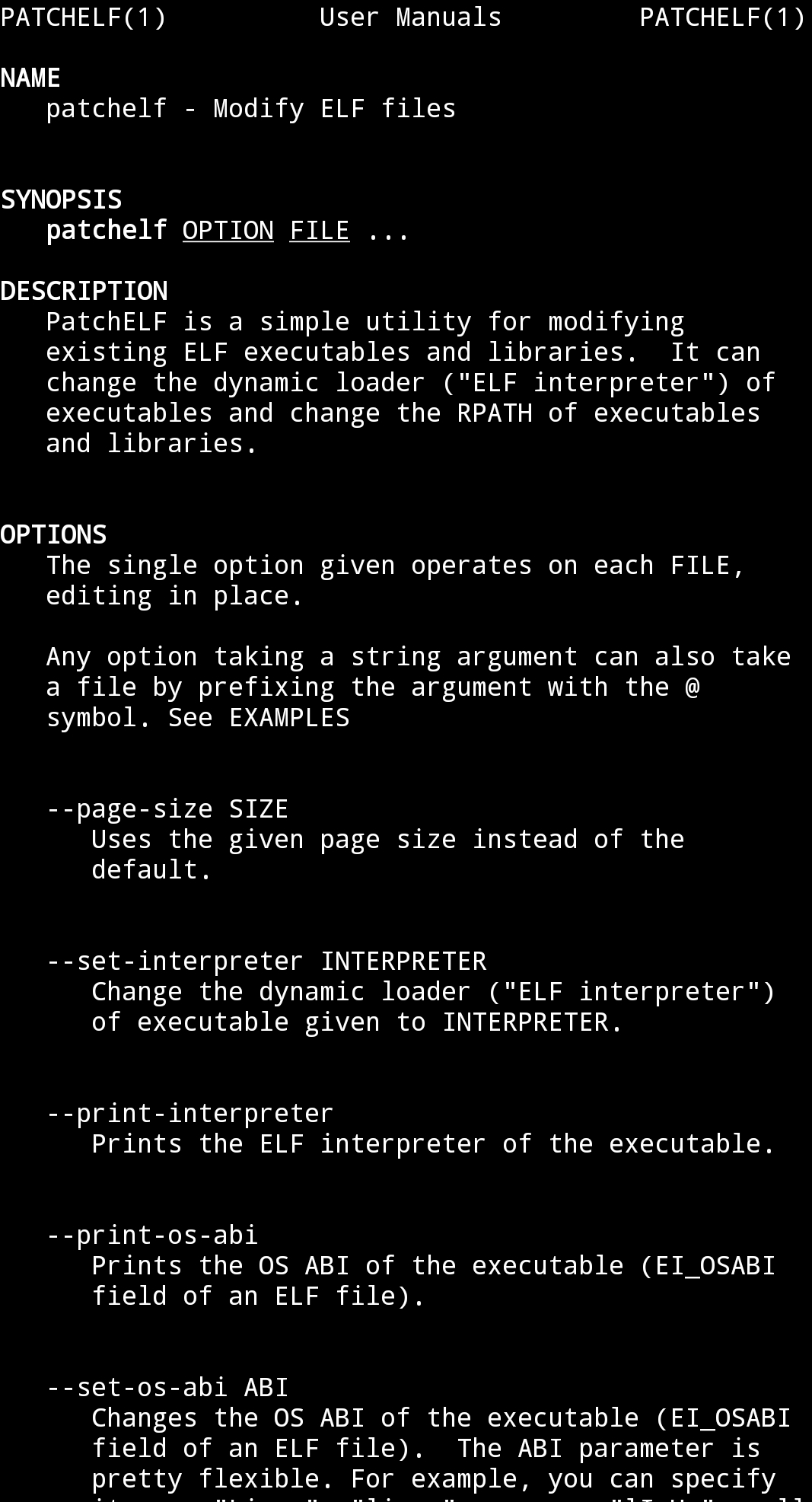idk, I appreciate the way they appropriately set expectations up-front
Basically “Hey, this is hard. Really hard. If you don’t actually care, you can probably just use XYZ. If that doesn’t work, try just reading sections 1 and 4. Otherwise… settle in, it’s gonna be a slog.”
It’s just necessarily complex.
They’re called letters OP, and you read them by stringing them together into things we call words. I know its hard without a YouTube video to tell you.
OK. You read the text in the image, and obviously find it easy to understand.
So what would you useparfor in practice, and what would I type into my terminal to use it?Why would you use it in the terminal? You pair this with a text editor and use it to spruce up the formatting after you’re done. In Vim I select it with the visual select and type !par and it formats for me. You also have to know when to use what tools and why you use them. Just telling people to use this to format a text doc doesnt make much sense because theres no end goal in mind.
But to satisfy you:
par <example.txt>On the other hand, the doc itself says the docs are not user friendly and apologizes for it. Which not all do because a lot are easy. Like Kitty’s docs are amazing.
The manual itself states that it’s complex and not well-written. That’s why someone put the caption over it - it’s meant to be a joke.
This could be fixed by adding in even a single example.
Ok I agree that some man page are a real pain to read. But the example chosen is actually quite understandable.
I have the following example that is a lot harder.

And I guess that there is stuff way worse than that.
the example chosen is actually quite understandable.
A normal person has to spend quite a while inside the Linux ecosystem to say that after reading this:
For those who wish to use it immediately and understand it later, assign the PARINIT environment variable the following value: rTbgqR B=.,?_A_a Q=_s>| The spaces, question mark, greater-than sign, and vertical bar will probably have to be escaped or quoted



